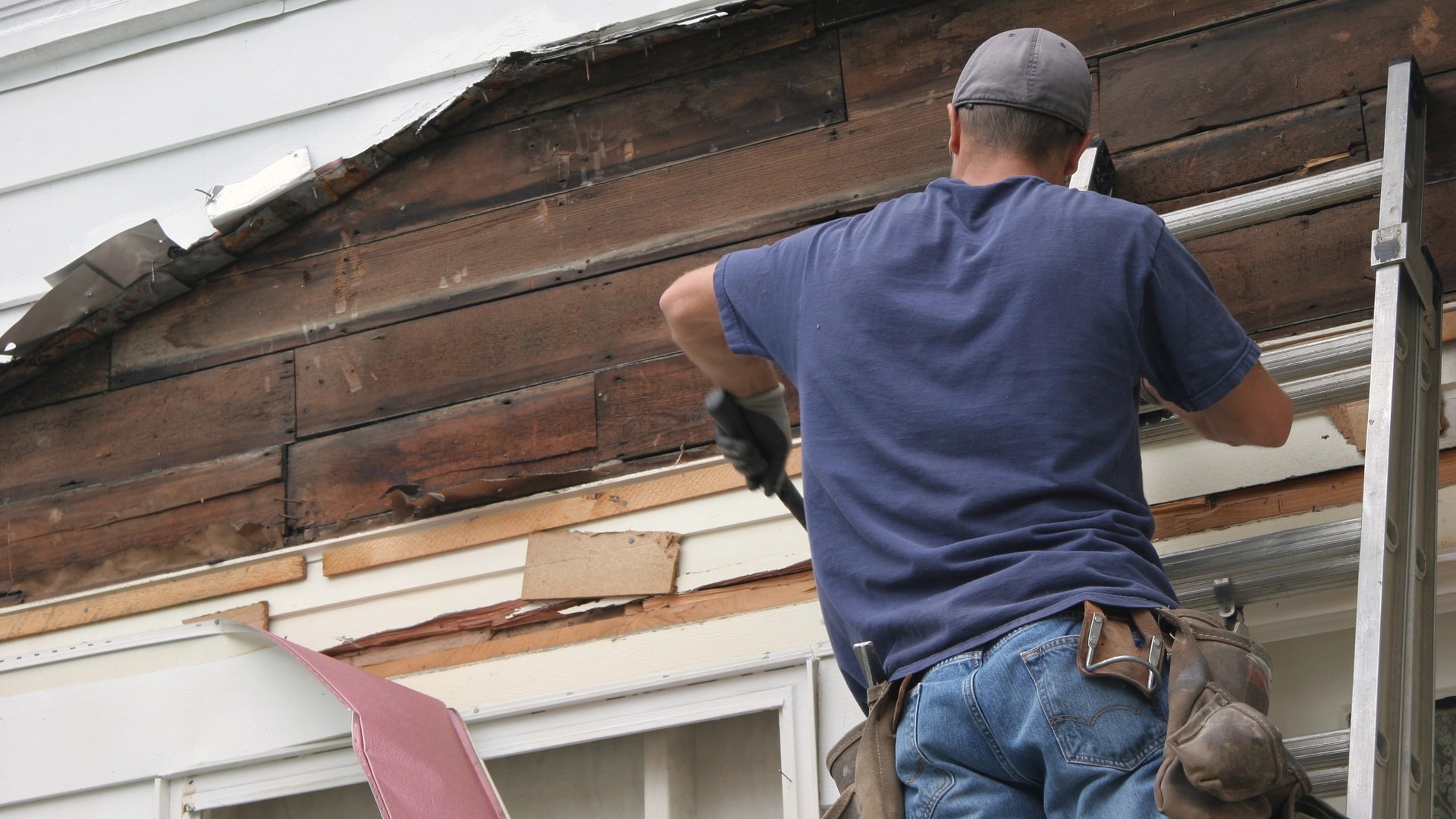
What To Do When a Contractor Does Poor Work
·
6 minute read
Alyssa Doyle
Whether you own a building or a business, chances are you’ll eventually need to make some repairs or do a renovation. That means you’ll need to hire contractors: construction companies, interior designers, roofers, electricians, and more. But if they deliver incomplete or poor-quality work, you’re left with stress and financial struggles—and that can leave you wondering how to fight a bad contractor.
What is poor workmanship?
Poor workmanship is when a contractor does work that doesn’t meet a “reasonable standard” in the industry. They might use cheaper materials, hire less-experienced workers, fail to follow building codes, or cut corners in other ways. When a contractor does a bad job, the work doesn’t look or function like it should, needs repairs, or is unsafe.
What should you do when a contractor does a bad job?
It’s always best to try to resolve the issue with the contractor first. Here’s what to do when a contractor does poor work.
1. Review the contract.
When you hire a contractor, you both sign a legally binding document: The contract. As the business owner, you’ll probably be the one creating the contract, so be sure it contains terms and conditions that will protect you. The contract should include:
- The full scope of work
- Specific materials and processes to be used
- Expectations for the workmanship
- A cost estimate and payment terms
- Deadlines for each stage of the work
- Any guarantees or warranties provided
This way, if a dispute arises about quality, cost, or timeline, you will be legally protected because the contractor will be in breach of contract. We also recommend that your contract specifies the type of dispute resolution to be used if you’re unhappy with the contractor’s work, such as mediation or arbitration. This is more common in large contracts.
2. Document the issues.
As with most of your business dealings, it’s important to keep thorough records of poor workmanship. Document every instance of substandard or unfinished work so you have evidence to show the contractor and use if you take legal action. You should:
- Take pictures and videos of the substandard work.
- Make sure you have good lighting and focus, and capture the problems from different angles.
- Use a common object for scale if needed, such as a dime or brick.
- Record any conversations (if possible) you have with the contractor about the issue.
- Keep written notes, including the date you discovered the issue, a detailed description, and anything the contractor said.
3. Get expert opinions.
While you’re protected against bad contractor work, what a “reasonable standard” means can be up for debate. That’s where experts come in. Engineers, architects, and other third parties can:
- Determine whether the work meets industry standards.
- Identify issues the contract needs to address.
- Ensure that repairs and remedies are done correctly.
- Help you prove your case in court, if needed.
4. Request corrections.
Reputable contractors are often willing to correct mistakes—you just need to bring it to their attention. Reach out, discuss your concerns professionally, and give them a chance to respond. Here are some tips:
- Give them a call or meet in person if the issues are complex or they’re hard to reach.
- Send an email if you want to attach photos or other information.
- If you talk on the phone or in person, follow up with an email so you have written documentation.
- If things get heated, you can request that they participate in mediation.
5. Take your case to court.
What you may really be wondering is what to do when a contractor does poor work—and they won’t fix it? If you want to get your money back, you’ll need to bring a lawsuit. You have two options:
- File in small claims court. You can represent yourself and pay just a few court costs, making it an affordable option. But the amount you can recover is limited. It depends on the state, but the most businesses can usually get is $5,000.
- Take the contractor to civil court. If you’ve lost a lot of time and money, you might have a case to seek damages. You’ll need to pay for an attorney, so this is usually only an option for big-ticket contracts.
Filing A Claim With The Contractor’s Insurance
Chances are, your business insurance only covers cases where you are “legally liable” for the financial loss. Bad contractor work is caused by someone else: the contractor. If their work caused damage to your property, you might be able to get paid back by making a claim with the contractor’s insurance. (That’s why you never want to hire a contractor without insurance, and you should always request a certificate of insurance from your contractor before they start work.) Here’s how to file an insurance claim:
- Gather pictures, videos, recordings, written records, and expert opinions of the poor workmanship or damage.
- Contact the contractor’s insurance company and follow their steps for filing a claim. Provide them with the documentation you collected, and keep a record of all your communications with them.
- If you have a case, the insurance company will likely come back to you with a settlement offer. You don’t have to take the first offer. Be prepared to negotiate.
- If the claim is denied or the insurance company won’t pay for all of the damage, you might need to get a lawyer to help you.
The Bottom Line
Keeping the lines of communication open, collecting evidence, and knowing when to talk to an expert are key to how to fight a bad contractor. Remember to protect your interests from the start, choose your contractor carefully and keep an eye on construction to help protect yourself.
Still have questions? Interested in finding the right business insurance? Contact us today. We’re always happy to help you.

About The Author: Alyssa Doyle
Alyssa is a Commercial Risk Advisor specializing in small business, construction, real estate, and products liability.